THIAMINE - ORAL
PHONETIC PRONUNCIATION: (THYE-a-min)
COMMON BRAND NAME(S): Thiamilate
GENERIC NAME(S): thiamine HCl
Uses
USES: Thiamine (vitamin B1) is used to prevent or treat low levels of vitamin B1 in people who do not get enough of the vitamin from their diets. Most people who eat a normal diet do not need extra vitamin B1. However, some conditions (such as alcoholism, cirrhosis, stomach/intestinal problems) can cause low levels of vitamin B1. Vitamin B1 plays an important role in the body. It is needed to maintain the health of the nerves and the heart. Low levels of vitamin B1 may cause heart failure and mental/nerve problems.
How to use THIAMINE - ORAL
HOW TO USE: Take this vitamin by mouth with or without food, usually 1 to 3 times daily. Follow all directions on the product package, or take as directed by your doctor. If you are uncertain about any of the information, consult your doctor or pharmacist. Dosage is based on your medical condition and response to treatment. Use this vitamin regularly to get the most benefit from it. To help you remember, take it at the same time(s) each day. Tell your doctor if your condition persists or worsens. If you think you may have a serious medical problem, seek immediate medical attention.
Side Effects
Precautions
Interactions
Overdose
Images
Reviews
Faq for THIAMINE - ORAL
Thiamine, also known as vitamin B1, is an essential nutrient that plays a crucial role in the body's metabolism and the proper functioning of the nervous system.
Thiamine can be found in various food sources such as whole grains, meat (especially pork), legumes, nuts, and seeds.
Thiamine is necessary for converting carbohydrates into energy and for the proper functioning of the heart, muscles, and nervous system. It also helps maintain healthy hair, skin, and nails.
Those at a higher risk of thiamine deficiency include chronic alcoholics, individuals with malabsorption issues, those with restricted diets (such as vegans), and people with certain medical conditions that affect thiamine absorption.
Symptoms of thiamine deficiency can include fatigue, weakness, nerve tingling or burning sensations, muscle pain, poor memory, confusion, and in severe cases, Wernicke-Korsakoff syndrome.
Thiamine is generally safe for most people when taken in recommended doses. However, high doses may cause stomach upset or allergic reactions in some individuals.
Thiamine supplements usually do not have significant interactions with other medications. However, it is always advisable to consult a healthcare professional before starting any new supplement.
Thiamine can be taken orally as tablets, capsules, or as part of a multivitamin. It is typically recommended to take thiamine with meals to enhance absorption.
Thiamine is considered safe, and there have been no reported cases of toxicity from excessive intake. However, it is always recommended to follow the recommended dosage to avoid any potential side effects.
Disclaimer
IMPORTANT: HOW TO USE THIS INFORMATION: This is a summary and does NOT have all possible information about this product. This information does not assure that this product is safe, effective, or appropriate for you. This information is not individual medical advice and does not substitute for the advice of your health care professional. Always ask your health care professional for complete information about this product and your specific health needs.
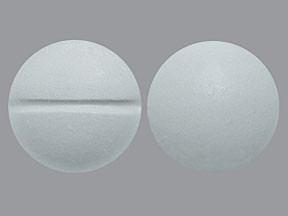

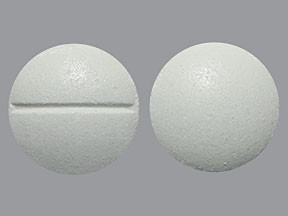
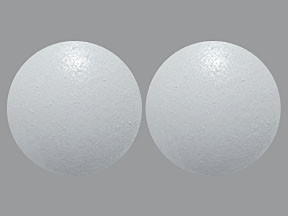
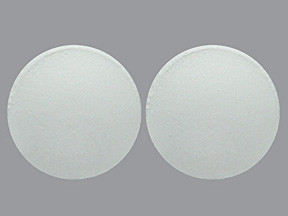
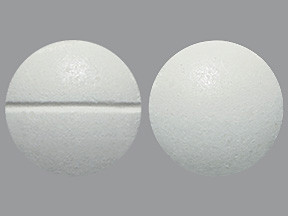
No Reviews Yet